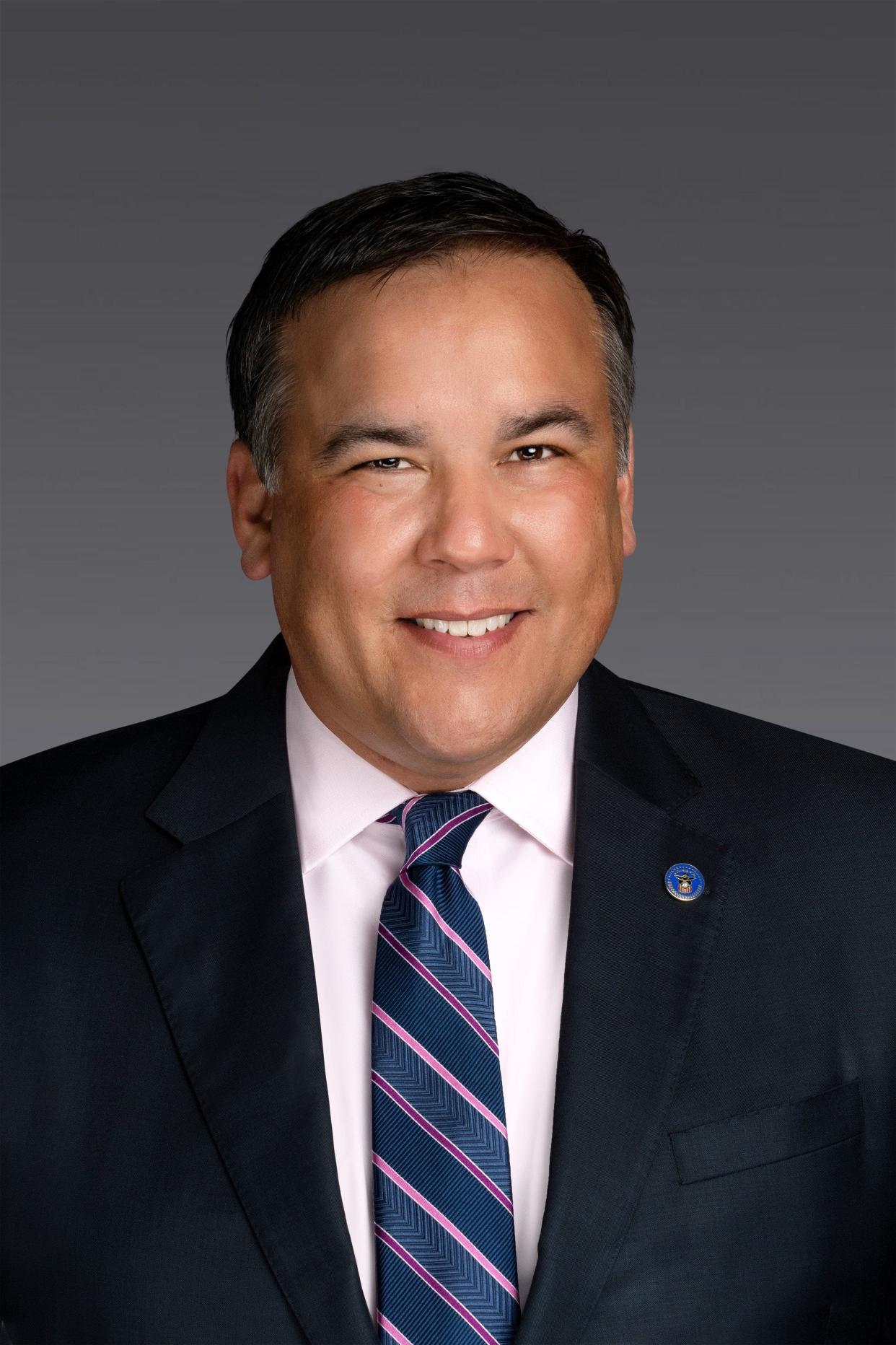Ginther case over improper ex-parte call to judge lingers five months later

Almost seven months after Mayor Andrew J. Ginther improperly contacted a Franklin County judge to tell her how to rule on a pending city case, and some 20 weeks after a special prosecutor was appointed to investigate Ginther's actions, a decision is still pending.
In December, City Attorney Zach Klein declared that he had a conflict of interest in the case. He represents not only Ginther but also was leading the case Ginther interjected himself into, an effort to shutter a controversial new Greyhound bus depot on the West Side.
Klein appointed a special prosecutor to look into the "ex parte" communication initiated in early October by Ginther to Franklin County Environmental Judge Stephanie Mingo.
"The special prosecutor’s review is ongoing, and we do not have any further updates at this time," said Pete Shipley, a spokesperson with City Attorney Zach Klein's office. "As the special prosecutor is working independently of the Columbus City Attorney’s Office, questions about his review and the timeline for an official report should be directed to Special Prosecutor Brad Nicodemus."
Nicodemus, formerly an assistant city prosecutor for Whitehall who has since been appointed the city attorney in that suburb, didn't respond to a telephone call left with his office Thursday.
But Ginther's opponent in the November mayoral election, Joe Motil, is continuing his legal attempt to get Nicodemus removed from the investigation. In effect Motil - through his attorney Phil Harmon - claims in legal filings that Nicodemus also is conflicted, in that his contract essentially states his work is controlled by Klein's office.
While Nicodemus can exercise "professional discretion," that discretion must be "to the satisfaction of the Columbus City Attorney," and "in the full representation of the city's interests in the matter," the contract states.
Nicodemus enjoys prosecutorial independence based on the contract, Shipley said Thursday. The language that his work must be "to the satisfaction" of Klein means that "the task has been completed, that the contract to perform the work has been fulfilled."
"The office has no expectation in this review other than it be done fairly and impartially for all parties," Shipley said. "...We will respect any determination made by the special prosecutor."
Spokespersons for both Ginther and Mingo declined to comment on whether they had been interviewed by Nicodemus.
Harmon said he has concerns that the investigation continues almost five months after Nicodemus' appointment.
"It's apparent that the city attorney and special prosecutor are just dragging this out and hoping this will go away, and it will never see the light of day," Harmon said.
After Motil's first attempt to intervene in the investigation was dismissed in January for a lack of standing and other issues, Harmon filed an appeal with the 10th District Court of Appeals in mid February asking that court to appoint its own special prosecutor. Harmon anticipates a hearing on the appeal later this summer.
The Dispatch reported in December that attorneys representing two bus companies, Greyhound and Barons, charged in a court hearing that the city had "unclean hands" in its efforts to shutter their new station after Ginther called Mingo to tip the scales.
Mingo had earlier alerted the parties in the case that a city elected official called her on her cellphone on October 11, 2023, and said: "This Greyhound station is a problem for the community. We really need you to do the right thing for the community and shut it down."
Attorneys for both the city and the bus companies expressed a need to know from Mingo who was trying to affect the outcome of the case, but Mingo responded that she was "under no obligation at this point in time to name that official" unless compelled to do so.
Mingo waited until two weeks after the November election to finally reveal the caller as Ginther. Motil cried foul, saying Mingo was helping Ginther politically by concealing his identity.
Legal experts queried by The Dispatch said they could think of no reason in law that prevented Mingo from identifying Ginther.
"She doesn't need to be compelled to explain what happened," Doron M. Kalir, senior clinical professor of law at the Cleveland State University College of Law, said previously. "It's the mayor of the city, and she thinks it's not pertinent for the parties to know that the mayor of the city seeks to intervene?"
wbush@gannett.com
@ReporterBush
This article originally appeared on The Columbus Dispatch: Ginther case over ex-parte call to judge lingers five months later

